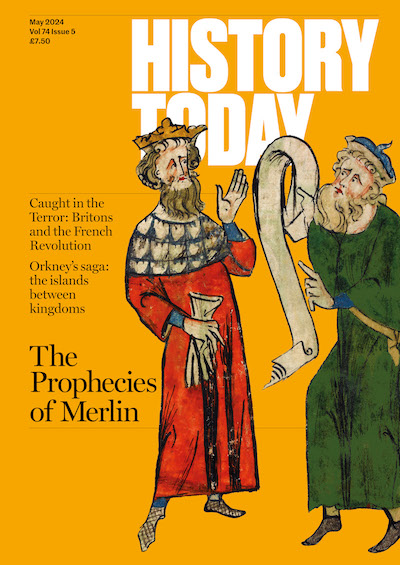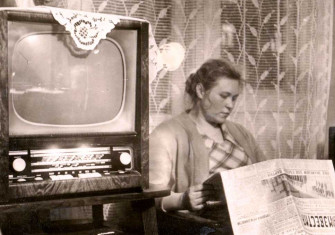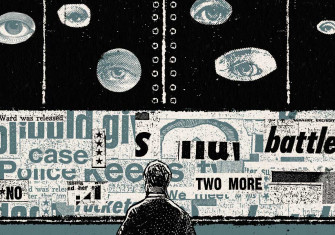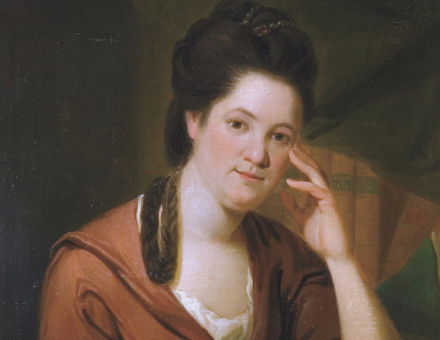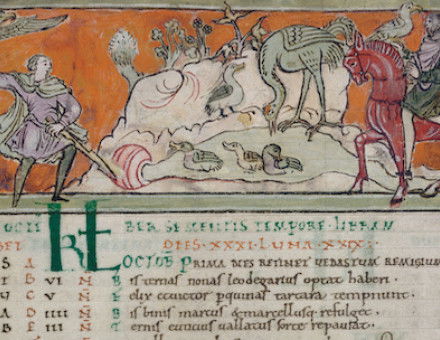The Red Hotel by Alan Philps review
The correspondents who reported on a period when Russia changed European, and world, history.
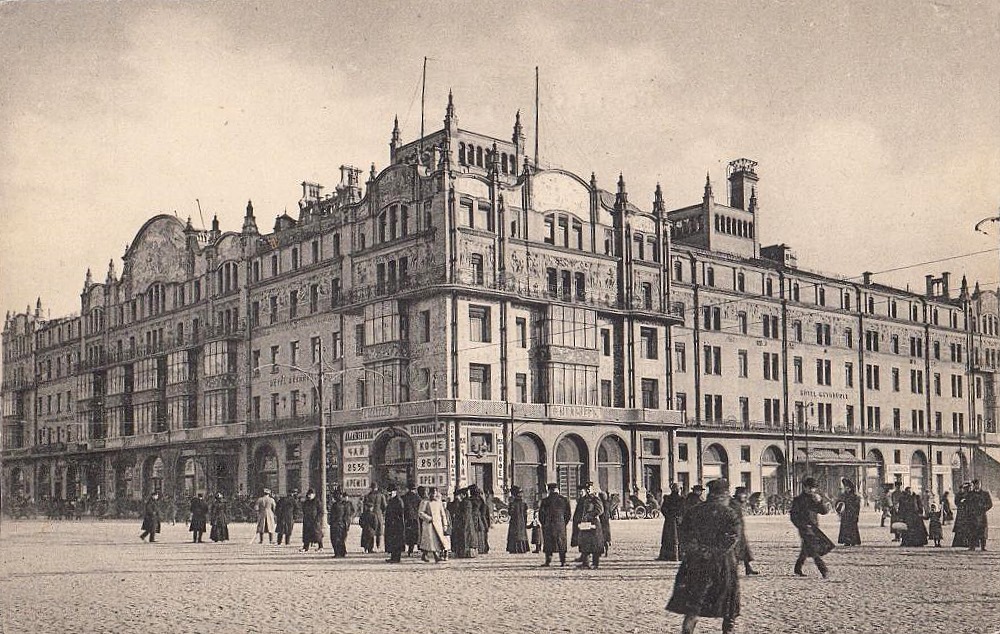
‘In 1941 two characteristic traits of the Metropol’s history – its louche reputation and its role as a place to hoodwink influential foreigners – came together in its role as the wartime press centre’, Alan Philps tells the reader of his engaging and insightful account of foreign correspondents living in the Moscow landmark during the Second World War. The hotel also housed journalists in very different circumstances on the last day of the last century. Fears over the ‘millennium bug’ were such that some of the international correspondents then resident in the Russian capital were put up there overnight lest their flats and offices lose power. In the event, something did occur on 31 December 1999 that changed the future of Russia, but it was not a failure of the country’s computers. It was the day that Boris Yeltsin’s surprise resignation as Russian president handed the keys of the Kremlin to Vladimir Putin. He is, of course, yet to hand them on.
This is just one of the reasons why, Philps persuasively argues, the subject of the Metropol – the hotel of the title – is more topical than ever. He reminds us that, under Putin, ‘the Red Army’s victory in what the Russians call the Great Patriotic War is the origin of the militaristic spirit that Putin has instilled in the Russian people during his two decades in power’. It is also instructive, at a time when relations between Russia and the West are by far the worst they have been since the end of the Cold War, to read of a time when bitter ideological enemies were allies. This was a time when Stalin sent Churchill birthday greetings. The correspondents who are the book’s subjects had an important role in sustaining that alliance. As Philps writes, ‘supplies of American and British tanks, aircraft, lorries and other war materiel needed to bolster the struggling Red Army against Nazi Germany depended on positive reports coming out of Moscow from a supposedly independent foreign press’.
The emphasis here is on ‘supposedly’. Philps is clear-eyed about the loyalties some of the correspondents had to people other than their editors and audiences. Ralph Parker came to Moscow having already done work for British intelligence during another posting, but Philps records that the Foreign Office were concerned at how quickly, after his arrival in the Soviet capital, he ‘had been converted from a trustworthy informant of the Secret Intelligence Service – which had endorsed his appointment to Moscow – to an asset of Kremlin propaganda’. Charlotte Haldane arguably went the other way. Haldane – a pioneering British woman among the almost-exclusively male press corps – arrived in the wartime Soviet Union a convinced communist, angered by her experiences working as an air-raid warden in London. During a rare tour to the front that Philps recreates in its muddy and dangerous detail, the correspondents were allowed to meet a captured German aircrew. Haldane discovered that one of them had also bombed Britain. ‘I remembered the corpses of mothers and little children I had inspected as part of my duties, in St Pancras Mortuary’, she later wrote. Of the young German airman, she concluded, ‘I could not see any hope, in a civilized world, for such as he’.
If her disgust with the Luftwaffe’s attacks on residential areas endured, her admiration for Soviet communism did not. Apparently deciding to keep her own counsel in wartime, and in the first memoir she published the year after her assignment to Russia, Haldane wrote that the suffering she had seen in the workers’ paradise meant that she would no longer seek to persuade people ‘that the Soviet Union was the hope of the toilers of the world’.
Though Moscow correspondents, like their counterparts elsewhere, sometimes allowed their ideology to obscure their objectivity, Philps offers valuable examples of when their insight was surprisingly prophetic. Philip Jordan, who ‘knew that his far-left principles were unlikely to survive a collision with the reality of life in the Soviet Union’, nevertheless declared: ‘I can now predict that the Red Army will eventually win the war.’ Given that he had recently been forced to leave Moscow ahead of its expected capture by Hitler’s forces, it was, as Philps suggests, a brave prediction.
An experienced and accomplished foreign correspondent himself, Philps does an excellent job of recreating a sense of time and place. He draws on an impressive array of sources to explain why the correspondents’ stories matter. In a profession where stars sometimes take credit for others’ efforts, The Red Hotel seeks to redress the balance. ‘The more research I did, the clearer it became that the heroes of this story were the female Soviet translators who were the eyes and the ears of the visiting journalists.’ For all the hardships and occasional dangers the foreign reporters endured, it is the translators, and one in particular, Nadya Ulanovskaya, who took the greatest risk. Ulanovskaya helped an Australian correspondent, Godfrey Blunden, to visit the flat of an ordinary Soviet citizen as research for a novel he was writing. She was punished with a lengthy sentence in the prison camps of the late Stalin era. As Philps rightly argues, there is no excuse for Blunden’s failure to disguise his sources.
In contrast, one of Philps’ predecessors as Daily Telegraph correspondent emerges with much greater credit. A.T. Cholerton became such an authority on Moscow that new arrivals – diplomats and journalists alike – would seek him out. When, in 1943, the day came that he was refused a visa, he never wrote another word about Russia, depriving interested readers, in Philps’ words, of the ‘defining book of the era’. The reason, his daughter tells Philps, is that he feared for the safety of his translator, who had also been his lover.
Later generations have been denied the account that Cholerton might have left. In The Red Hotel, today’s readers have an impressive account of the experiences of the correspondents who reported on one of those periods when Russia changed European, and world, history.
The Red Hotel: The Untold Story of Stalin’s Disinformation War
Alan Philps
Headline, 464pp, £22
Buy from bookshop.org (affiliate link)
James Rodgers is the author of Assignment Moscow: Reporting on Russia from Lenin to Putin and a former BBC Moscow correspondent.

